The role of expert panels at bike exhibitions has become an essential element of the cycling industry’s marketing strategies. These panels, which bring together industry veterans, product designers, engineers, and other specialists, provide valuable insights into the latest trends, innovations, and technological advancements. However, the question arises: how much do these expert discussions at bike shows influence consumer behavior and purchasing decisions?
This article delves into the impact of expert panels on consumer perceptions, decisions, and brand loyalty in the context of bike exhibitions. We will investigate the role that expert-led discussions play in shaping consumer attitudes, exploring how these events contribute to the overall market dynamics in the cycling industry. By analyzing the influence of these panels on both attendees and the broader consumer base, we aim to uncover the real power behind expert opinions at bike shows.
The Growing Role of Expert Panels in Bike Shows
Bike shows, such as Eurobike, Interbike, and Sea Otter Classic, have long served as platforms for the unveiling of new products, technologies, and design trends. However, in recent years, expert panels and seminars have taken on a more prominent role in these events. These panels often feature well-known figures from the cycling industry, including top athletes, renowned designers, engineers, and sustainability advocates. The discussions they lead are typically centered around the latest innovations, market shifts, and pressing challenges within the cycling world.
For instance, at Eurobike, which is widely regarded as one of the largest cycling trade shows in the world, panels have included topics such as the future of e-bikes, the rise of gravel cycling, and the sustainability of bike manufacturing. These sessions not only serve as informative platforms but also offer the opportunity for direct engagement between industry experts and attendees.
In addition to these larger conferences, smaller regional bike shows have also begun to incorporate expert panels into their schedules, recognizing the growing demand for insights from specialists in the field. These panels often focus on niche topics, such as mountain biking technology, urban cycling, or the role of cycling in transportation policy, creating more tailored experiences for attendees.
The Role of Expert Opinions in Shaping Consumer Perceptions
One of the key reasons that expert panels are so influential at bike shows is the significant weight that consumers place on expert opinions when making purchasing decisions. Whether the product in question is a high-end road bike, an e-bike, or even accessories and apparel, consumers often turn to industry experts for guidance. Expert panels provide an authoritative platform where consumers can hear firsthand from individuals who have extensive experience and knowledge of the products they are interested in.
A study conducted by Mintel, a market research firm, found that nearly 60% of consumers trust expert opinions over other sources of information when making purchasing decisions. This trend is especially evident in the cycling industry, where the price point of bicycles and accessories can be relatively high, and consumers want to ensure they are making the right investment.
For instance, in a panel discussion on e-bike technology at Interbike, a leading e-bike designer could explain the specific advantages of different battery types, motor systems, and overall performance, allowing attendees to make more informed decisions when it comes to purchasing an e-bike. The authority of the expert creates a sense of trust, helping consumers feel more confident in their purchasing decisions.
Moreover, expert panels often address common concerns or misconceptions about new technologies or products, providing clarity and dispelling myths. For example, e-bikes, while growing in popularity, have faced skepticism from some traditional cyclists. Expert panels that discuss the practical benefits of e-bikes, such as reduced environmental impact and increased accessibility for riders of all ages, help to shift consumer perceptions and encourage adoption.
How Expert Panels Influence Brand Perception
Beyond directly impacting purchasing decisions, expert panels at bike shows can also play a pivotal role in shaping brand perception. For many brands, being represented on a panel or having their products featured in an expert discussion can provide a significant boost in visibility and credibility. Expert panels serve as an endorsement of sorts, signaling to attendees that a brand or product is not only innovative but also respected by professionals in the industry.
For instance, when a well-known cycling influencer or engineer speaks positively about a specific brand’s product during a panel, it can elevate that brand’s reputation, increasing consumer trust. On the flip side, negative or critical comments can have the opposite effect, potentially damaging the brand’s image. As a result, companies are increasingly mindful of the experts they select to represent them at these events, understanding that the opinions expressed during panels can significantly influence consumer behavior.
The impact of expert-led discussions on brand perception is particularly important in the competitive cycling market, where companies are constantly vying for consumer attention. Being associated with cutting-edge technology or progressive sustainability practices, for example, can significantly enhance a brand’s appeal. Brands that are seen as thought leaders in the industry are more likely to attract attention and loyalty from consumers.
The Influence of Expert Panels on Consumer Behavior
Understanding how expert panels influence consumer behavior requires examining several psychological factors, including trust, social proof, and authority. The principle of authority, as described by psychologist Robert Cialdini in his book Influence: The Psychology of Persuasion, suggests that people are more likely to follow the advice of an expert. This principle is especially true in environments like bike shows, where attendees are actively seeking knowledge and validation of their choices.
When an expert speaks on a particular topic, whether it’s the performance of a new bike component or the sustainability of a manufacturing process, their words often carry significant weight. This influence is amplified when the expert is widely recognized in the industry. For example, when a well-respected former professional cyclist or a celebrated designer talks about the performance of a high-end road bike, their endorsement can shift consumer opinions dramatically.
Moreover, expert panels also tap into the concept of social proof. When a large group of consumers hears the same expert opinions, it reinforces the idea that a product or brand is trustworthy and reliable. If attendees observe that many other people are interested in a particular product or brand following an expert panel, it can further drive their own interest in making a purchase.
Finally, expert panels provide an opportunity for consumers to engage with brands on a deeper level, facilitating a more personal connection. Consumers who have the opportunity to ask questions directly to industry leaders or designers often feel more engaged and invested in a brand’s offerings, which can translate into higher levels of brand loyalty and repeated purchases.
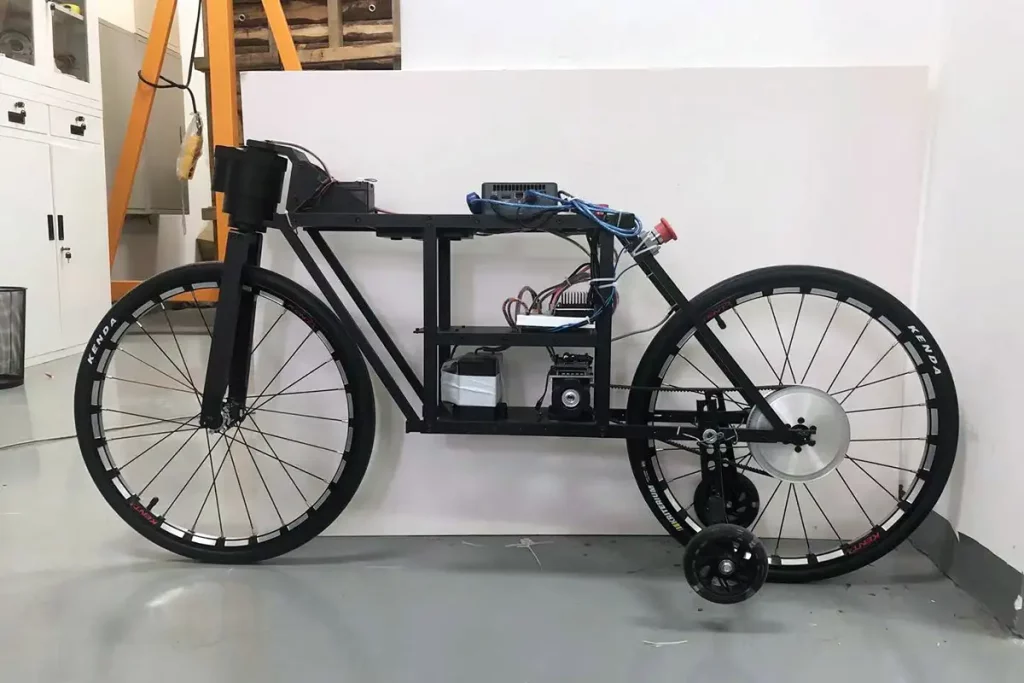
Measuring the Impact: Case Studies and Consumer Feedback
To understand the real-world impact of expert panels on consumer purchasing decisions, it is useful to look at case studies and consumer feedback from recent bike shows. For example, at the Sea Otter Classic, a panel discussion on sustainable bike manufacturing led to a noticeable uptick in interest and sales for brands that were featured as leaders in sustainability. Consumers who attended the panel were more likely to purchase products from brands that demonstrated a commitment to environmental responsibility, even if the products were slightly higher in price.
Similarly, during an expert panel at Eurobike on the topic of e-bike integration into urban transportation systems, consumer feedback indicated a surge in interest for e-bikes, particularly among attendees who were initially skeptical about adopting the technology. Post-event surveys revealed that 45% of attendees who participated in the e-bike panel were more likely to consider purchasing an e-bike in the next six months, citing the expert’s insights on battery efficiency and motor power as key factors in their decision-making process.
These case studies highlight how expert panels not only influence immediate purchasing decisions but also contribute to long-term brand loyalty and consumer trust. The educational aspect of these discussions helps to break down barriers and foster informed purchasing choices, which benefits both consumers and brands alike.
Conclusion: The Power of Expert Panels in Shaping the Future of Consumer Behavior
Expert panels at bike shows play an integral role in shaping consumer behavior and influencing purchasing decisions. These discussions provide a platform for consumers to engage with thought leaders, gain deeper insights into product performance, and align themselves with brands that resonate with their values. As the cycling industry continues to innovate and evolve, the importance of expert-led panels will only increase, as they serve as both a knowledge-sharing opportunity and a powerful marketing tool.
For brands, the benefits of being involved in expert panels are clear: increased visibility, enhanced credibility, and a stronger connection with consumers. As the cycling market grows more competitive, expert panels provide a crucial avenue for companies to differentiate themselves and build lasting relationships with their target audience.
As the industry continues to expand and diversify, it will be fascinating to see how expert panels evolve to meet the changing needs of consumers and how they continue to influence purchasing behavior in the ever-expanding world of cycling.

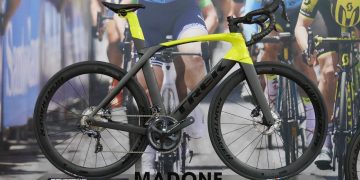
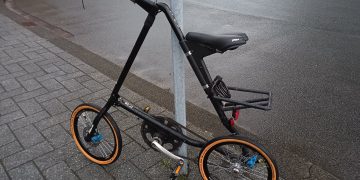
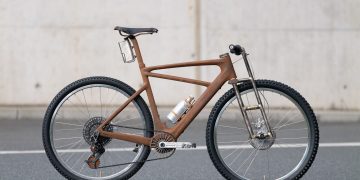


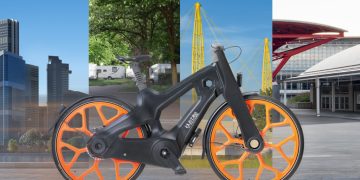

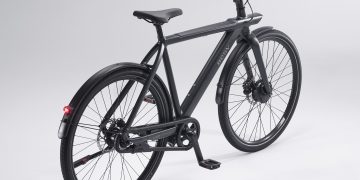


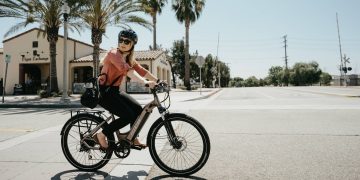

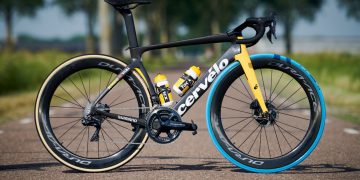
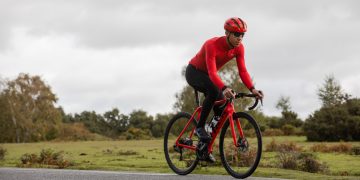





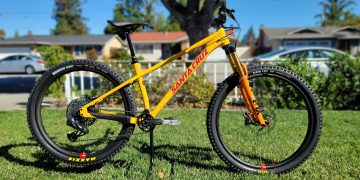

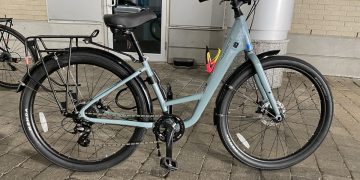



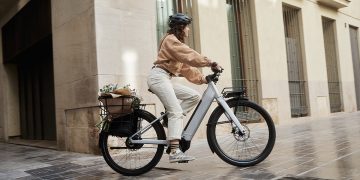










Discussion about this post